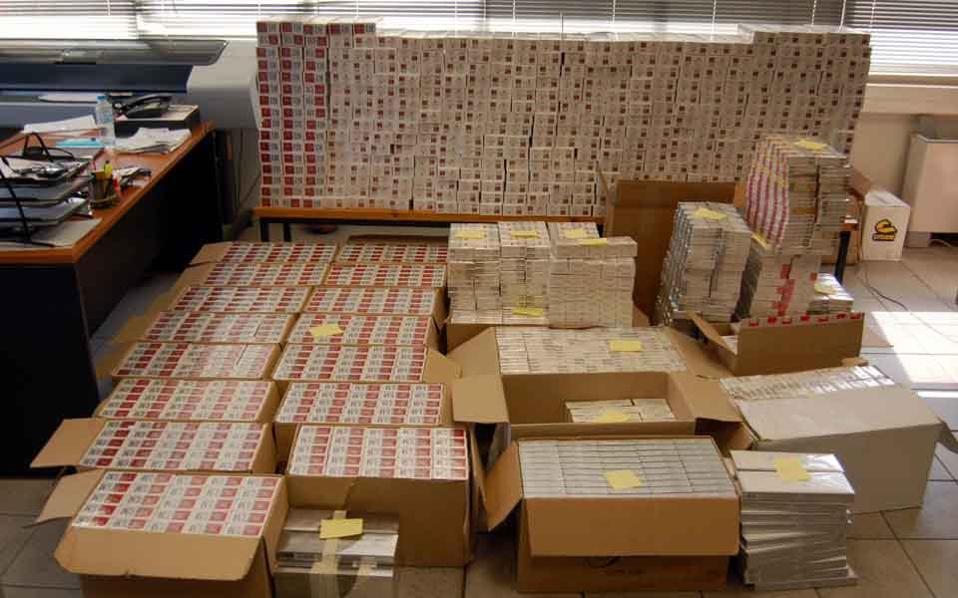Greece a key EU gateway for counterfeit goods

Greece represents a key gateway for counterfeit goods, including jewelry, cosmetics and toys, entering the European Union, while the market share of such products compared to the real thing is higher than previously thought, a related market report has concluded.
Besides big fashion and sports brands, the influx of imitation products is also impacting the food market. The Greek market is one of the worse affected, the data showed. Large quantities of fake Protected Designation of Origin (PDO) products, including feta cheese, are infiltrating the domestic market.
Data provided by the European Union Intellectual Property Office, as well as the European Police Office (Europol), indicate that imitation products entering the EU market represent 5 percent of imports into the bloc. Their value is estimated at 85 billion euros per year. On a global scale, they are believed to generate turnover of some 390 billion euros annually.
Perfumes, cosmetics, clothing, footwear, sports items, toys and jewelry are the most common imitation products entering the EU, the report noted.
In Greece, a total of 7,306,656 packets of cigarettes deemed illegal were confiscated in 2015, according to the report. Its authors provided two alternative interpretations for this figure, noting that Greece is either a key EU entrance point for imitation brand cigarettes or Greek customs authorities are focusing their efforts on people smuggling the genuine product in from abroad without the payment of domestic duty.
The report highlighted a major haul by Greek authorities at Piraeus port concerning 496,000 imitation-brand packets of cigarettes from Vietnam. The report also made note of another tobacco bust by Greek authorities, this case concerning a truckload of 500,000 fake-brand cigarette packets bound for Poland.
Food and drink-related violations in the EU are a particular concern as public health issues come into play. Inspection systems designed to effectively detect infringements in this domain have yet to be fully established. Illegal food trading activity is highest in the organic and PDO food product categories. Other foods and beverages caught up in the racket include alcoholic drinks (wine included), cheese, meat, fruit, vegetables and cereals.
Food and beverage producers in Greece, Germany, Spain, France and Italy are the worst affected in the EU, according to the report.





